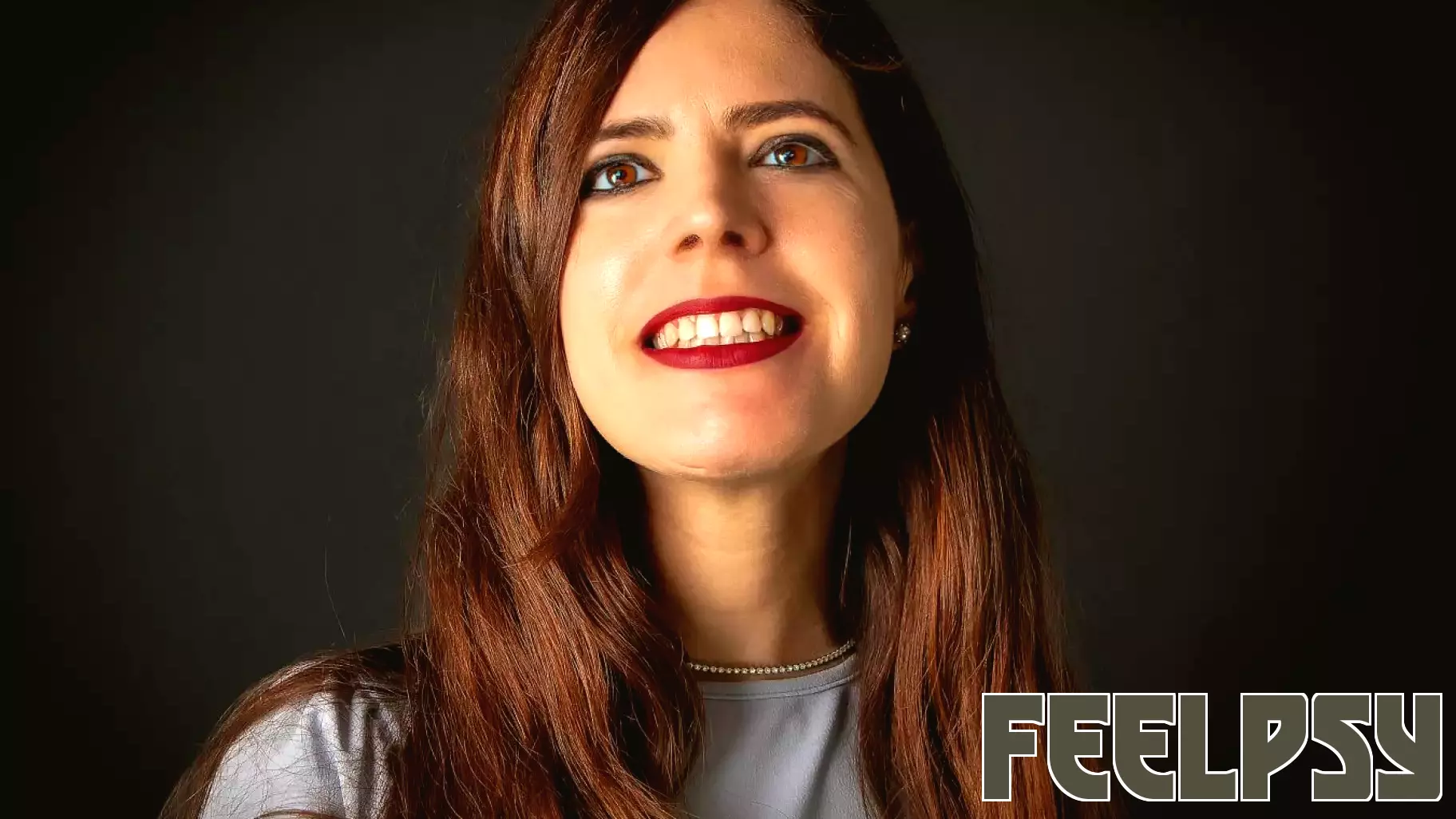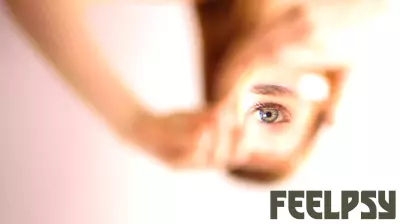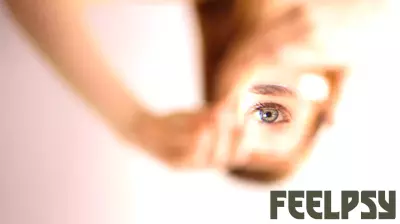Recognizing the Red Flags of Toxic Positivity
January 21, 2025 - 03:47

If you’ve ever felt guilty about feeling sad or pressured to “look on the bright side,” you might be falling into the trap of toxic positivity. This phenomenon occurs when individuals are encouraged to maintain a positive outlook to the extent that they suppress genuine emotions. While positivity can be uplifting, an excessive focus on it can lead to harmful consequences.
One major warning sign is the dismissal of negative feelings. If you find that your emotions are often minimized or invalidated by others, it may indicate a toxic environment. Another red flag is the pressure to appear happy at all times. This can create an unrealistic standard that leaves individuals feeling isolated when they experience normal human emotions like sadness or frustration. Lastly, if you’re constantly trying to “fix” others’ problems with positive affirmations rather than offering empathy, it might be time to reassess your approach. Recognizing these signs is crucial for fostering genuine emotional well-being.
MORE NEWS

February 20, 2026 - 22:29
No, Family Estrangement Is Not a “Trend”The decision to cut off contact with a family member, often termed `no contact,` is frequently discussed in modern culture. However, framing this deeply personal and painful experience as a mere...

February 20, 2026 - 09:12
Frontiers | Social interactions and affective neuroscience personality traits among Chinese educators: a randomized intervention study on wellbeingA new randomized intervention study provides compelling evidence that structured social interactions can significantly enhance the wellbeing of educators and positively influence core personality...

February 19, 2026 - 20:56
Why Graphic News Stories May Not Be Safe for EveryoneThe recent widespread circulation of graphic material from the Epstein files has sparked a necessary conversation about media consumption and mental well-being. Experts are warning that constant...

February 19, 2026 - 16:28
Frontiers | How aging anxiety relates to self-rated health in middle-aged and older adults: the role of psychological pathwaysNew research delves into the complex relationship between the fear of growing older and how individuals perceive their own health. The study, focusing on middle-aged and older adults, reveals that...